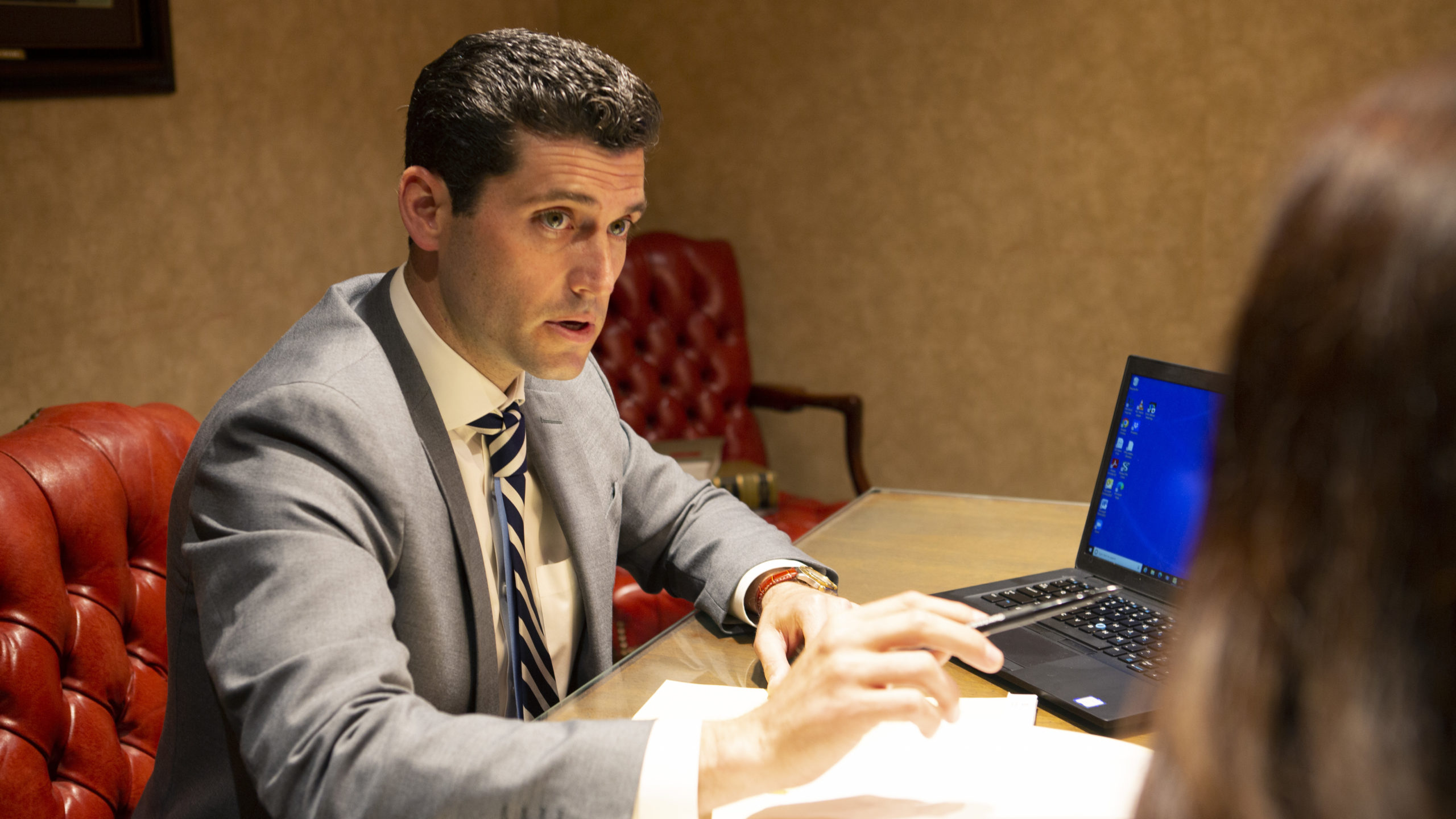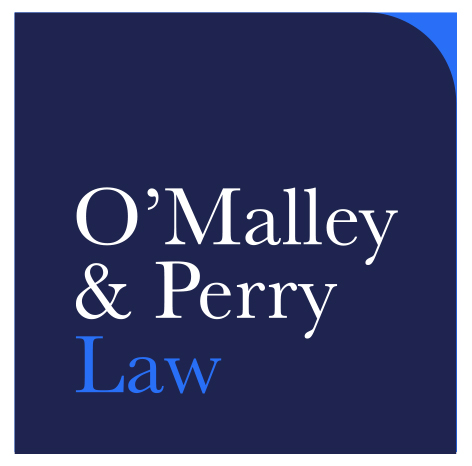From a legal perspective there are 2 ways a slip and fall accident can affect you: as the person who was injured or as the property owner where the accident happened. Either way, you surely have questions about your legal rights and obligations. Here are answers to the most frequently asked questions about slip, trip and fall accidents.
A slip and fall accident isn’t really a literal term… it could be a trip and fall, miss and fall… or any kind of variation. Regardless, the law allows an injured person to make a claim against the owner of the property if the owner was negligent and had adequate notice of the defect but failed to fix it.
Generally, these types of personal injury cases fall under premises liability laws, which vary by state.
FAQs
Q: What is negligence?
A: One definition of negligence is when a person fails to take proper care to avoid harm to someone else. There are 4 elements to negligence:
The defendant (property owner) had a duty of care to the plaintiff (injured person).
The duty was breached when the defendant’s action or inaction caused the plaintiff’s injury.
The plaintiff’s injury flows from the breach and/or was caused by the defendant.
Damages: i.e. the injury cost the plaintiff money or physical pain and suffering.
Q: What is premises liability law?
A: The owner of a property can be liable for an injury suffered by another person on the premises. Usually, this relates to a person who has either express or implied consent to be on the property — either a guest or someone who’s there for business purposes. In certain situations a trespasser can recover if they’re injured on someone else’s property as well.
Premises liability is based on whether the accident was foreseeable, which means the average person would’ve anticipated that the accident could happen based on the condition of the property. It also depends on whether the property owner after having notice of the defect made a reasonable effort to keep the property safe and to provide adequate warning if there is a dangerous condition.
Q: I was injured at a family member’s home, but I don’t want to sue them. What should I do to have my costs covered?
A: You don’t have to damage your relationship or feel like you’re costing someone money. Instead, you can sue their insurance company. Every residence or business is required to have insurance for this very reason. Injuries happen, and insurance protects the homeowner or business owner for being responsible for covering the costs.
Q: What if the accident happened on a rental property?
A: In general, the property owner (landlord) is responsible for maintaining the property. However, there might be instances when the renter is negligent (like if they do something that causes a hazardous condition, or if they fail to notify the landlord of danger so that the landlord can repair it).
Premises liability cases against a landlord are often complex. You should consult with an experienced attorney in your area for legal advice about your specific claim.
Q: What are the common causes of a slip and fall accident?
A: Most slip and fall accident injuries are caused by:
- Wet or slippery floors
- Snow or ice on sidewalks, steps, or other walking areas
- Worn or defective conditions on floors (cracked tiles, broken steps, torn carpet, etc.)
- Poor lighting in walking areas
- Unmarked hazards
- Uneven floors or surfaces
- Loose or broken sidewalks
Q: Where do slip and fall accidents occur?
A: A slip and fall accident can happen anywhere but the most common places where these injuries occur are:
- On snow and ice
- On sidewalks
- At work
- On stairs
- In apartment buildings or on someone’s private property
- In retail stores, businesses, and supermarkets
Q: My slip and fall injury was on public property. Can I still sue?
A: Sometimes, yes. If you were injured on property owned by a government agency (city, state, or local municipality), you may still be able to sue for your injuries, but the process might be different.
The main thing to be aware of is that your deadline to file a lawsuit might be shorter, and there might be a few extra steps (like filing a Notice of Claim, for example).
However, there are some states that have sovereign immunity. This concept protects certain government employees and agencies from being sued.
It can be complicated and difficult to know if you’re able to file a lawsuit against a government agency or if you’re prohibited from doing so because of sovereign immunity. If your injury happened on public property, you should contact a lawyer who’s familiar with your state’s laws and processes.
Q: What type of damages can I recover from a slip and fall injury?
A: In a personal injury lawsuit, you can recover damages to cover the costs of your injury and its effects on your life.
Economic damages have specific costs, like medical treatment (including doctor or hospital visits, rehabilitative therapies, prescription medication, assistive devices, and other items) and lost wages if your injury prevented you from returning to your job at the capacity you were in before the accident.
Non-economic damages include pain and suffering or mental anguish, loss of consortium, loss of enjoyment of activities, and possibly punitive damages. Usually, these costs become an issue if the injury is especially severe or life-changing.
Contact the experienced slip and fall attorneys at O’Malley & Perry Law with questions about your fall or any legal questions!

MATTHEW J. PERRY
Partner
If you find this content valuable, please share with colleagues and friends on your favorite channel below:
